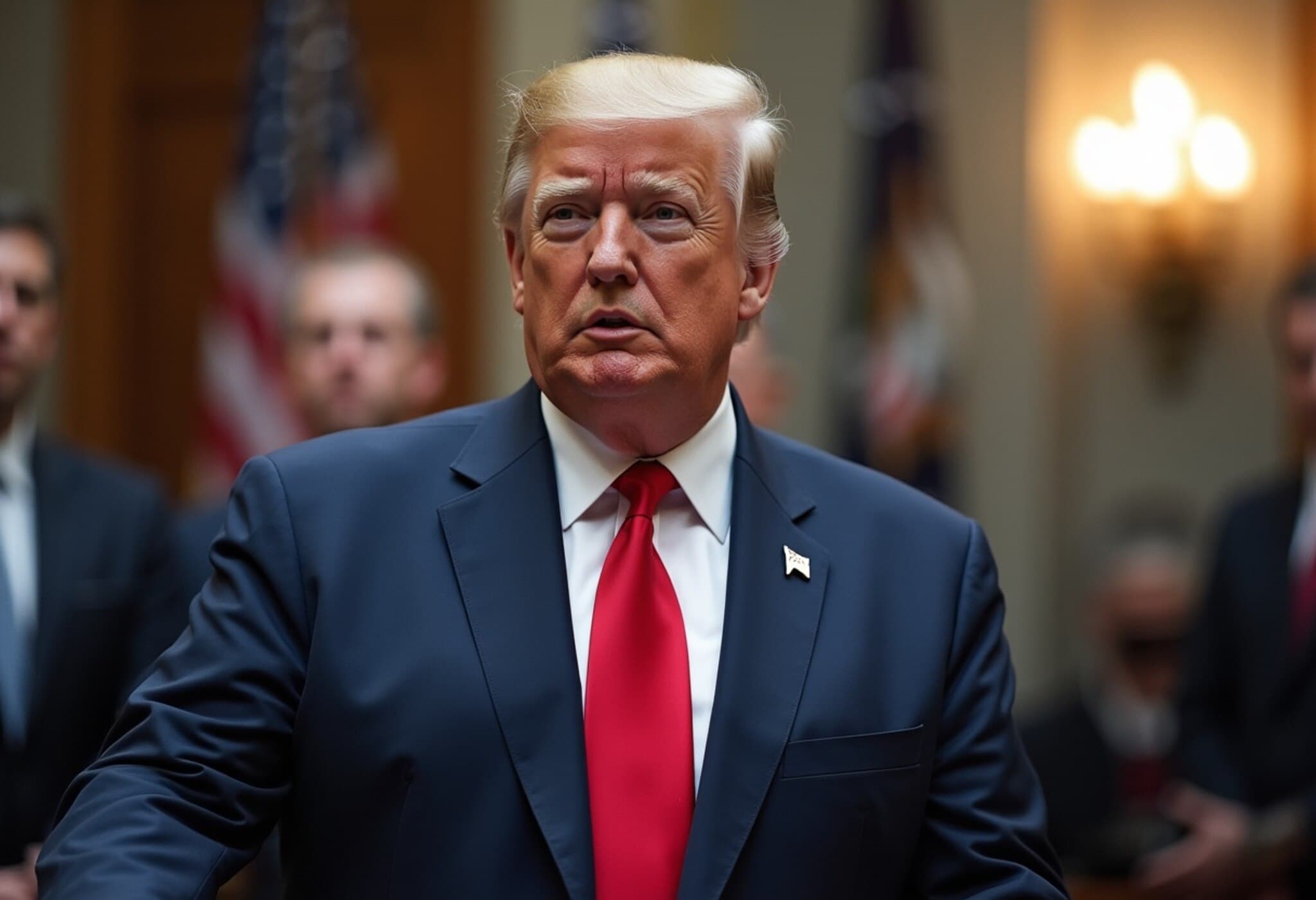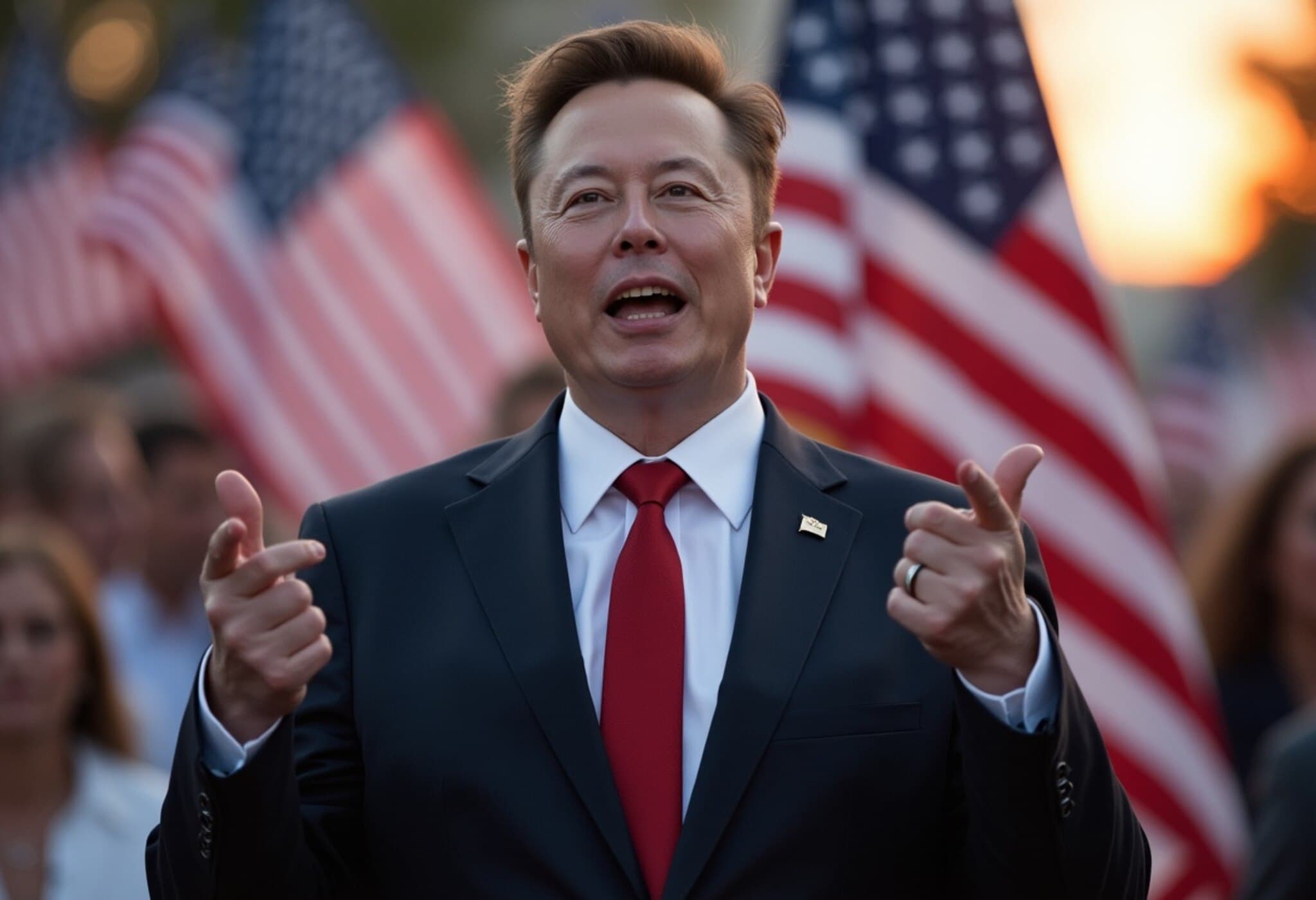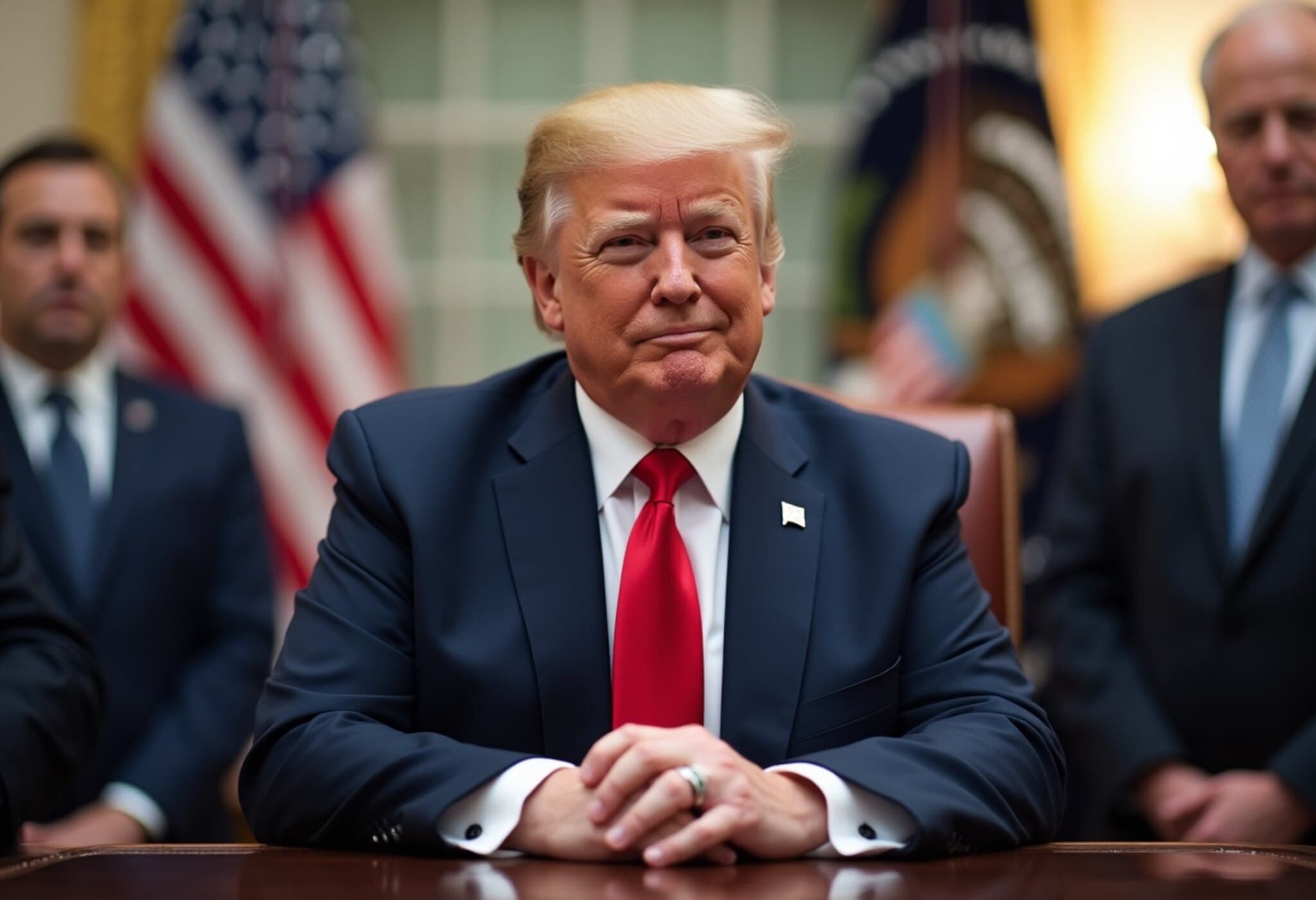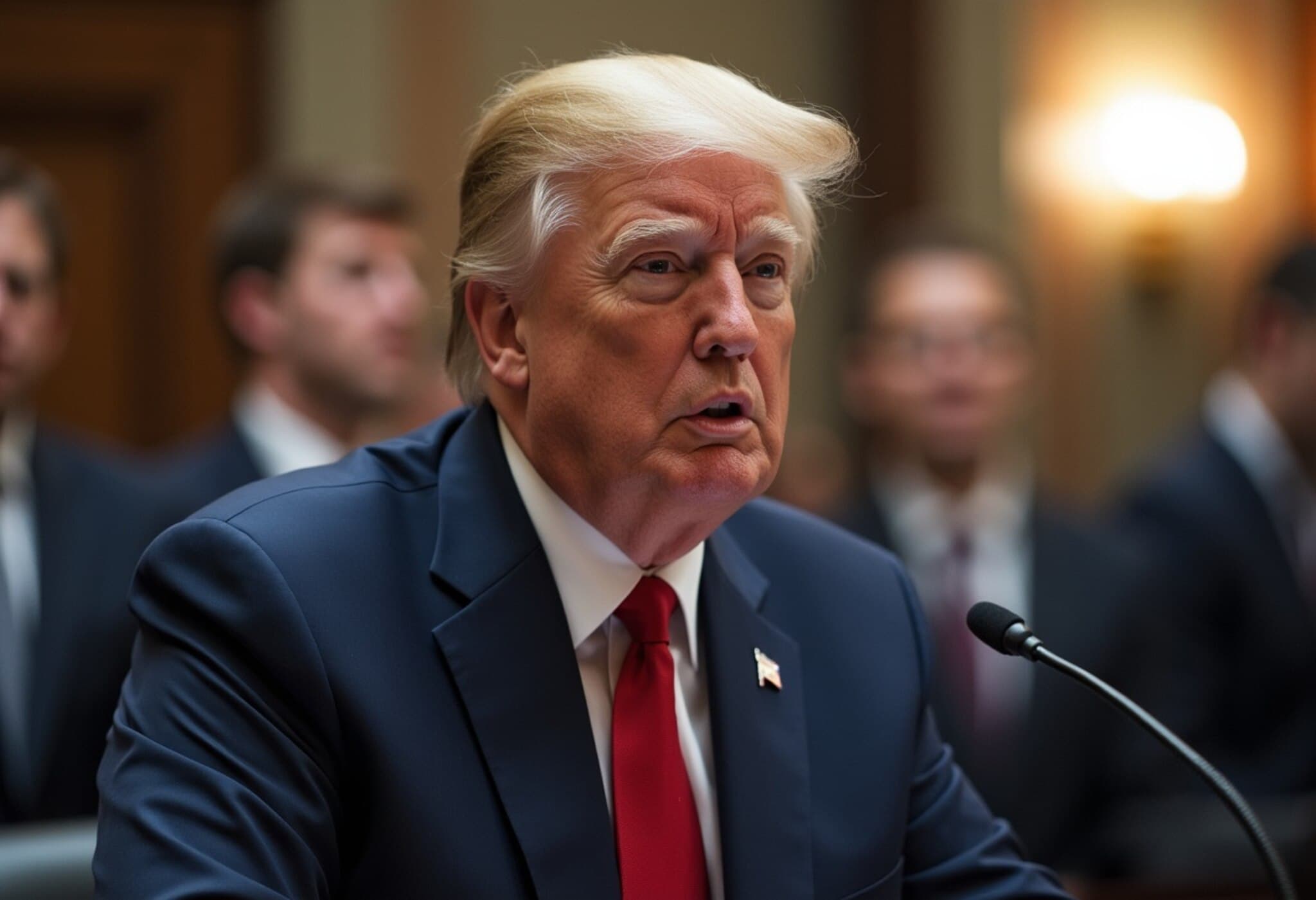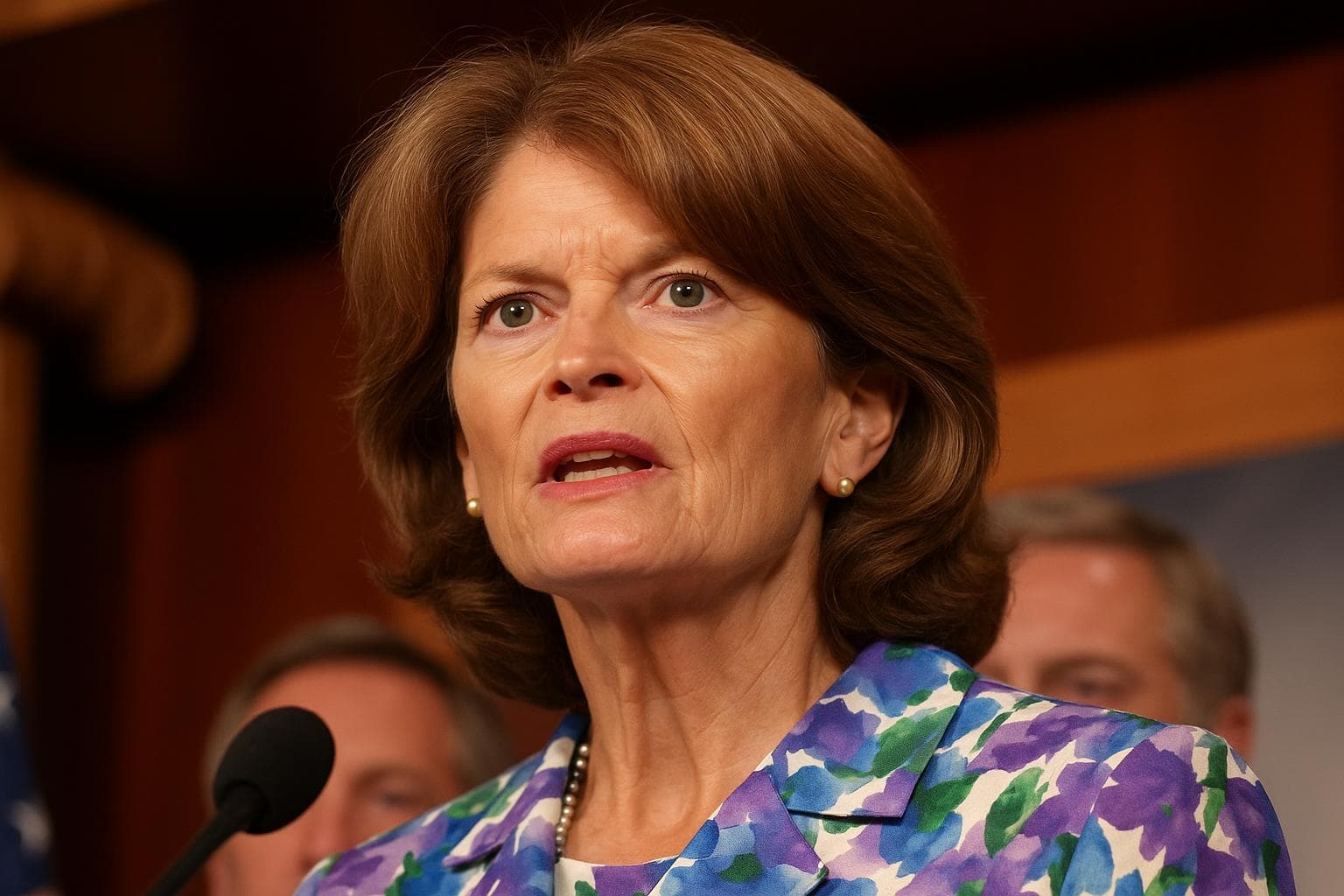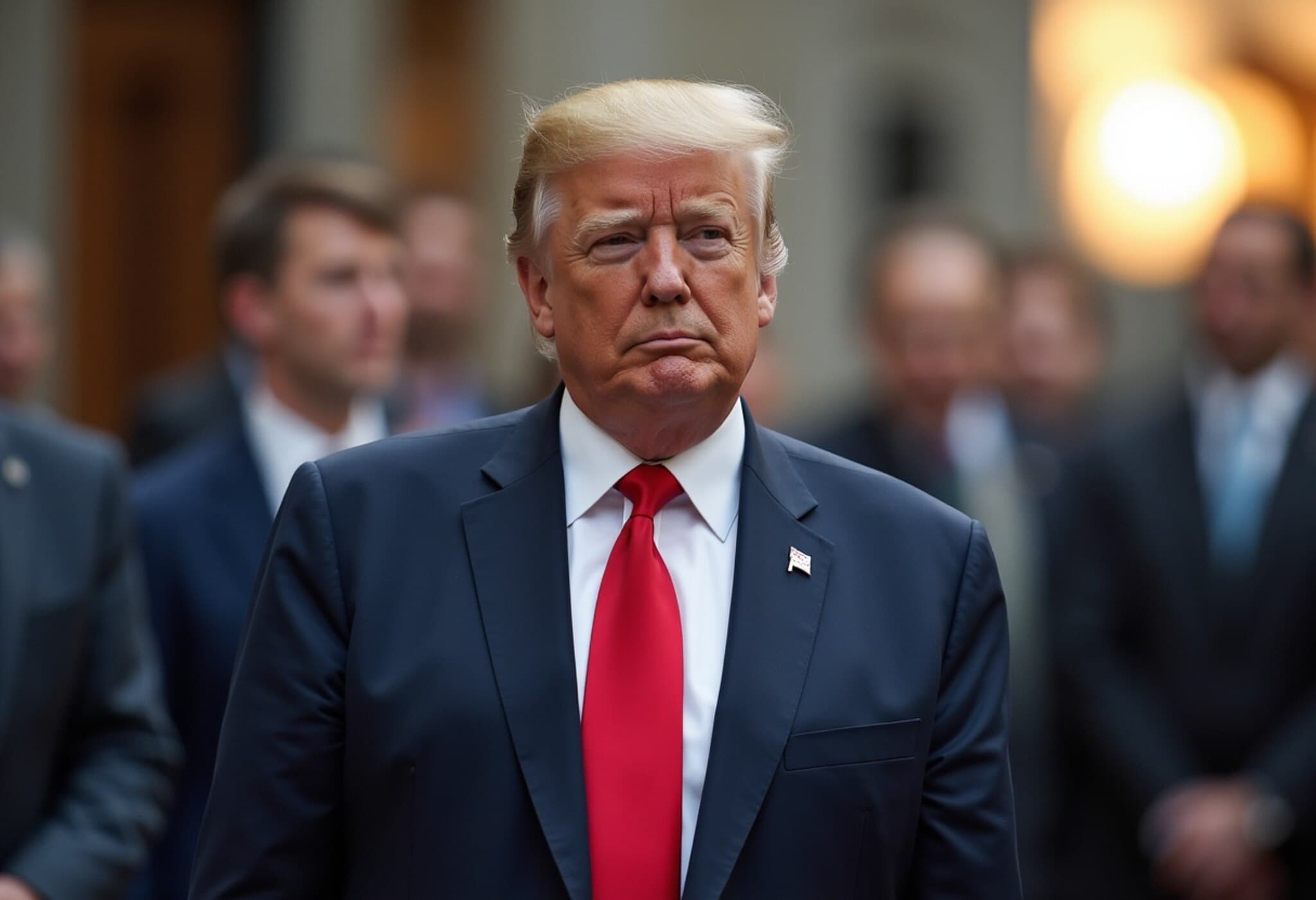Senate Begins Marathon Debate on Trump's Ambitious Tax and Spending Bill
The Senate narrowly opened debate on President Donald Trump's sweeping legislative package on June 28, marking a key step toward passing a monumental tax, defense, and border security bill. Despite significant GOP support, divisions remain among Republicans, with Senators Rand Paul and Thom Tillis voting against advancing the bill. President Trump quickly celebrated the procedural victory as a "great victory" on social media.
Senate Vote Highlights GOP Struggles
The procedural vote passed 51-49, after a prolonged negotiation extending over three and a half hours, with Republican leaders working to secure enough support from their conference. Majority Leader John Thune expressed uncertainty about final passage but remains optimistic that the Senate will send the bill back to the House for approval well before President Trump’s self-imposed July 4 deadline.
Trump Targets GOP Senators Opposing the Bill
President Trump publicly criticized Senators Thom Tillis and Rand Paul for opposing the bill. Through his social media platform, Truth Social, Trump vowed to find a primary challenger against Tillis, questioning Paul's repeated opposition to the legislation. These criticisms underscore the internal GOP tensions over the bill’s content, especially its proposed Medicaid cuts and spending priorities.
Key Features of Trump's Legislative Package
The bill, spanning approximately 940 pages, includes:
- Permanent extension of the 2017 tax cuts, which are set to expire at the end of the year.
- New tax breaks, including deductions on tips and overtime pay, capped at $25,000 with income phaseouts starting above $150,000.
- Significant increases in border security funding, with allocations totaling about $150 billion, including funding for detention centers and deportation efforts.
- A $6,000 bonus standard deduction for seniors (ages 65+), available through 2028, with income limits.
- Medicaid reforms imposing stringent work requirements for able-bodied adults and increased eligibility screening, expected to lead to reduced coverage for millions of Americans.
- Establishment of a $25 billion fund to support rural hospitals, addressing concerns over Medicaid cuts.
- Modifications to the Supplemental Nutrition Assistance Program (SNAP), shifting some costs to states and expanding work requirements.
- An increase in the state and local tax deduction cap to $40,000 for five years before reverting.
- Elevation of the federal debt ceiling by $5 trillion to avert defaults.
Controversies and Criticisms
The Medicaid provisions remain a major point of contention, as the bill cuts billions in federal funding and imposes work requirements for able-bodied beneficiaries, potentially leaving millions uninsured according to Congressional Budget Office estimates.
Additionally, billionaire Elon Musk sharply condemned the bill, warning it could "destroy millions of jobs" and "cause immense strategic harm" nationally, especially criticizing taxes on renewable energy sectors like solar and wind.
Senate Democrats, led by Minority Leader Chuck Schumer, have employed procedural tactics such as forcing a full reading of the bill aloud to delay proceedings and raise awareness about its contents.
Senate Parliamentarian Influences Bill's Scope
The Senate parliamentarian has ruled against certain provisions, including barring cuts affecting coverage for undocumented immigrants and restrictions on gender-affirming care, complicating GOP efforts to push deeper Medicaid reductions.
Next Steps and Outlook
Following the lengthy debate, the Senate faces a "vote-a-rama"—an extended series of amendment votes that could stretch for hours, primarily initiated by Democrats aiming to challenge provisions or expose divisions within Republican ranks.
After Senate approval, the bill will return to the House for a final vote, where GOP leadership must also manage internal disagreements over the Senate's revisions. Passage before July 4 remains a challenging but critical goal for the Trump administration.


